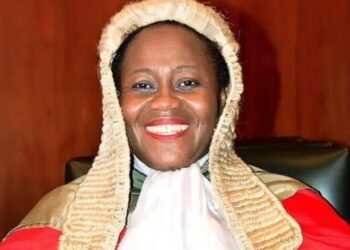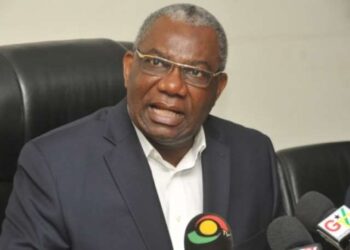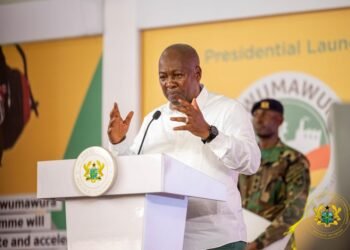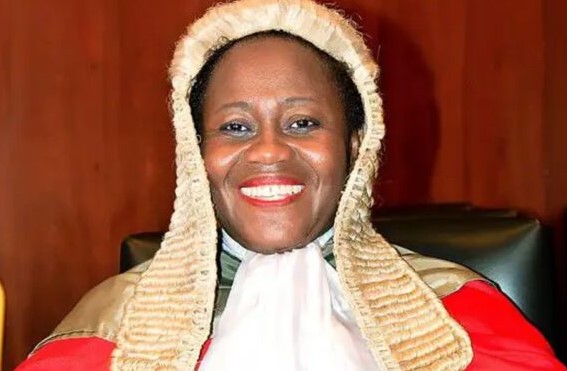The Public Services Workers’ Union (PSWU) of the Trades Union Congress (TUC), Ghana, has suspended its indefinite industrial action, originally initiated in early October, to provide space for negotiations under directives issued by the National Labour Commission (NLC).
In a formal notice addressed to the Executive Secretary of the National Labour Commission and the Chief Executive of the Fair Wages and Salaries Commission, PSWU General Secretary Bernard Adjei confirmed that the union’s executive structure had convened following the NLC’s directive.
“We wish to inform you that per the directives of the National Labour Commission (attached), the structures of the Union met and have agreed to suspend the industrial action to allow for the negotiations to be done within the stipulated time given by the NLC.”
Bernard Adjei, General Secretary, Public Services Workers Union
Resumption to Work
The letter directed all Public Services Workers’ Union members under the Single Spine Salary Structure to resume work on Monday, October 28, 2024.
According to the statement, this decision is contingent upon the understanding that negotiations will proceed within a defined timeline, as stipulated by the National Labour Commission.
The union’s leadership, however, cautioned that failure to achieve the “expected result” within the designated period will prompt a reactivation of the strike action without further notification.
The suspension brings temporary relief to several critical public service sectors affected by the strike.
Since the commencement of the industrial action, numerous public institutions under the PSWU’s purview experienced disruptions, underscoring the importance of public service workers in maintaining essential national operations.
The strike, launched on October 15, followed the union’s grievances concerning unresolved issues linked to the Single Spine Salary Structure and other conditions of service.
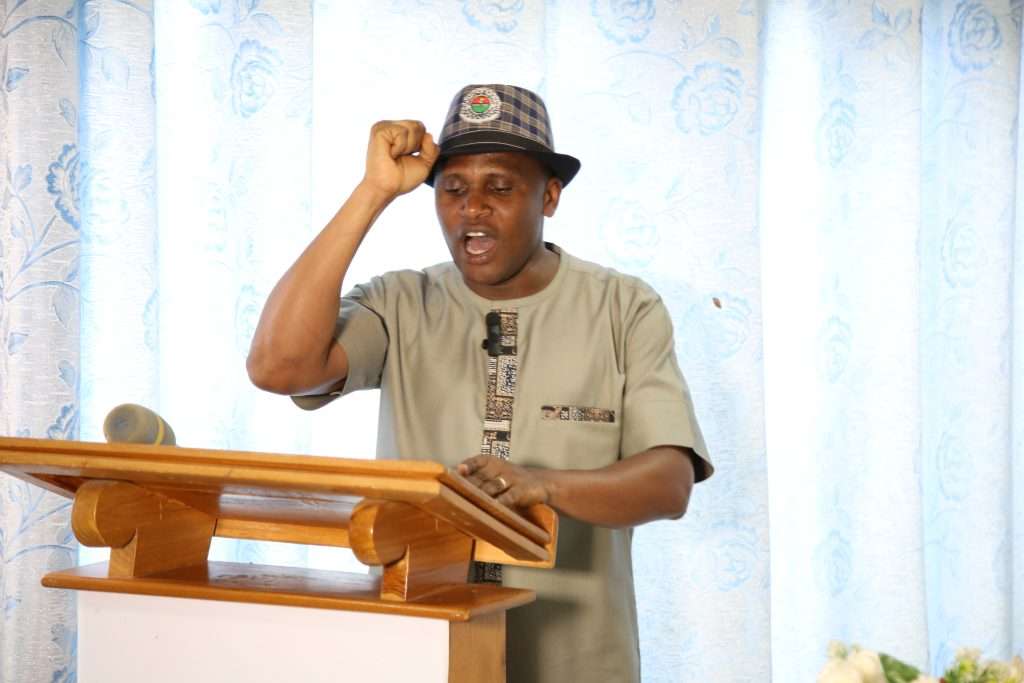
The union’s grievances revolve around issues tied to inadequate adjustments and delays in the implementation of the Single Spine Salary Structure, along with calls for improved working conditions.
The PSWU’s decision to pause the strike aligns with Ghana’s labour regulations, which mandate the NLC to intervene in protracted labor disputes, especially those impacting public welfare and the operations of vital government services.
Safeguarding the Welfare of PSWU Members
The union has reiterated its commitment to safeguarding the welfare of its members and expressed optimism about the impending negotiations. Nevertheless, it has warned of resumed action should these discussions fail to meet member expectations.
Key stakeholders have been notified of the PSWU’s position, including the Chief of Staff at Jubilee House, the Ministers of Employment & Labour Relations, and National Security,
Other institutions include the Secretary-General, Trade Union Congress, Ghana, the General Secretary, General Agricultural Workers’ Union (GAWU) of Trade Union Congress and all Divisional Secretaries of the Public Services Workers Union.
By involving these high-level officials, the union aims to ensure accountability and prompt intervention should negotiations falter.
In a closing note, the General Secretary, Bernard Adjei highlighted PSWU’s guiding principle of serving the people, affirming, “PSWU: Joy in Serving the People!!!” as a reminder of the union’s dedication to public service, even amid labour disputes.
The National Labour Commission (NLC), in an earlier statement, directed the Public Services Workers Union (PSWU) to call off its strike action with immediate effect.
The directive was made on Wednesday, October 23, 2024, when the Fair Wages and Salaries Commission (FWSC) and PSWU appeared before the NLC.
The NLC summoned the government team led by FWSC with the Ministry of Employment, Labour Relations and Pensions (MELRP) and Ministry of Finance on one hand, and PSWU on the other hand to appear before it over a labour dispute.
The Commission directed the parties to negotiate in good faith to address the impasse.
READ ALSO: Economist Proposes Mineral-Backed Debt-Swap to Ease Energy Debt



